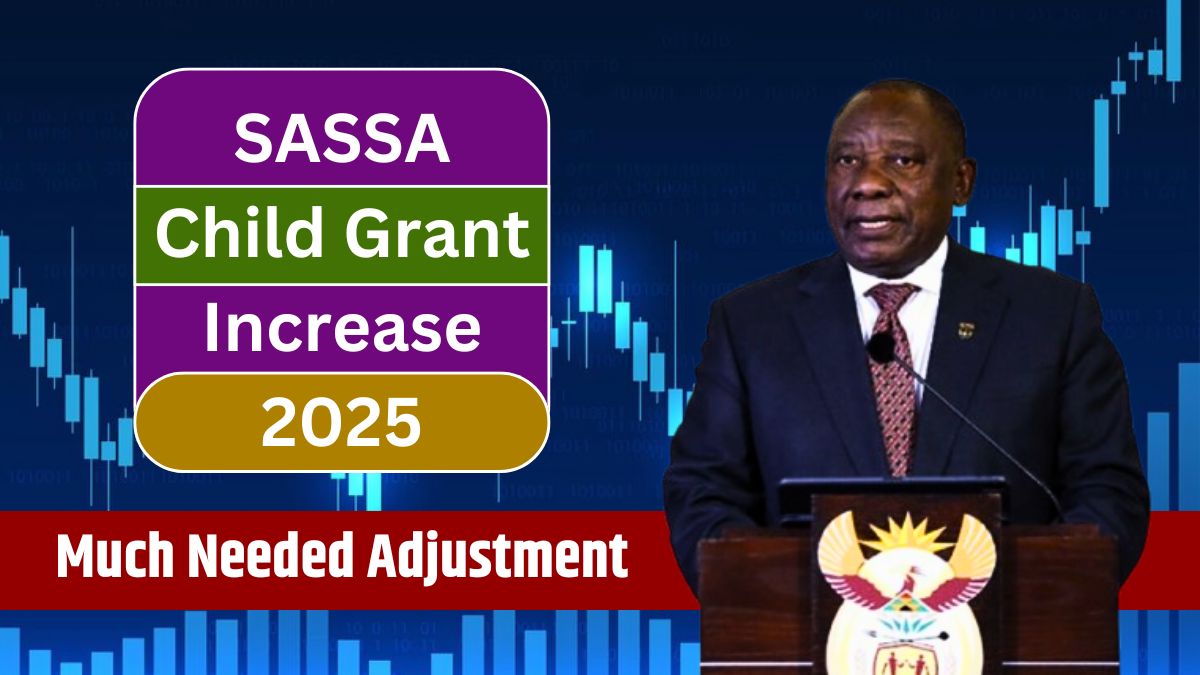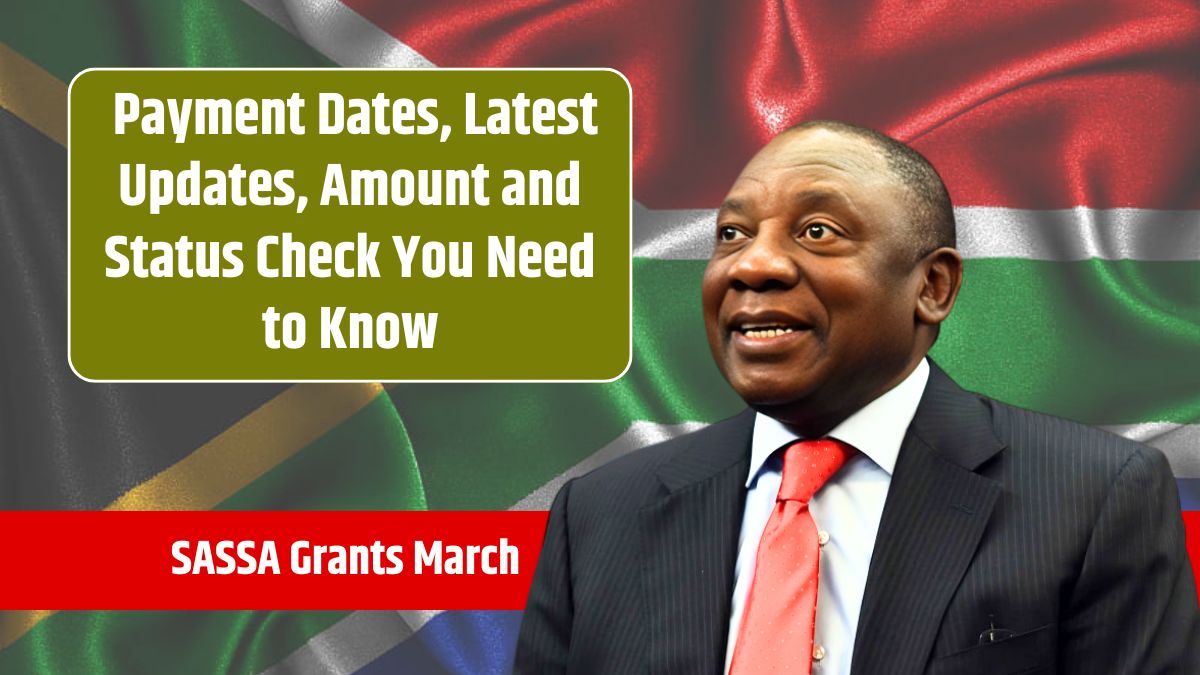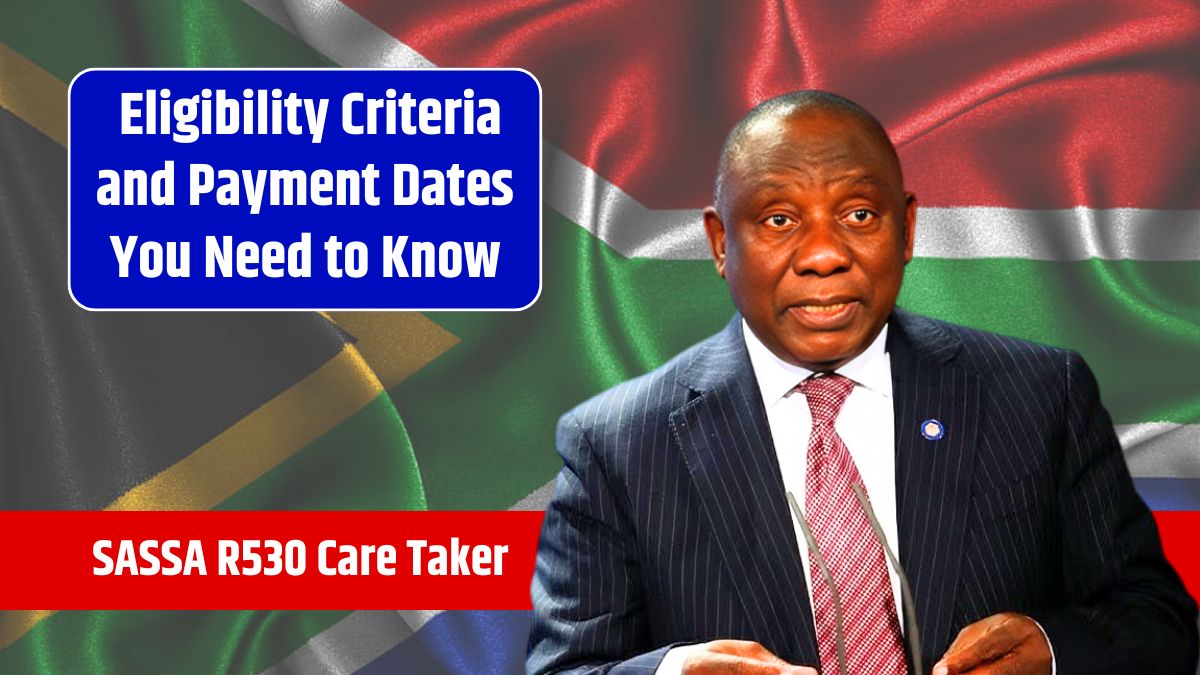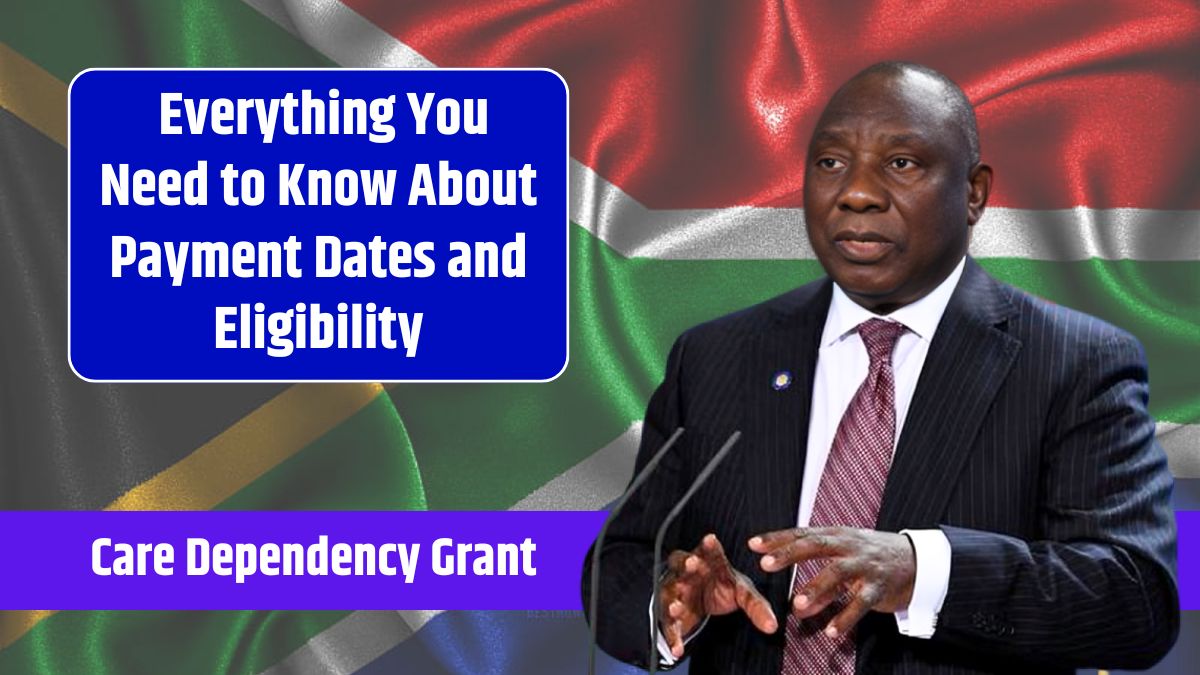South Africa faces a challenging socio-economic landscape marked by high unemployment and widespread poverty. Approximately 40% of working-age South Africans are unemployed, and over 55% live in poverty, creating a ripple effect on social stability, public health, and, most critically, the nation’s children.
One key safety net is the child support grant, a lifeline for millions of families. Currently assisting 13.2 million children, the grant aims to help families meet basic needs. However, the R530 monthly amount is far below the food poverty line of R760, leaving a significant gap in addressing the nutritional and developmental needs of children.
Shortfall in Child Support Grants
The child support grant provides R530 per child monthly, which is 30% lower than the R760 needed to meet basic food needs. Families like Sarah Hlongwane’s, who care for 12 dependents, struggle to stretch this limited amount across critical expenses, including food, school transport, and housing.
This shortfall places millions of children at risk of malnutrition, stunting, and poor health, further perpetuating the cycle of poverty.
Alleviate Poverty
To address these challenges, experts and policymakers have proposed several solutions targeting immediate relief and long-term structural reforms.
1. Expanding VAT Exemptions
The Government of National Unity (GNU) has suggested expanding the list of essential food items exempt from value-added tax (VAT). This would reduce the cost of basic goods, indirectly increasing the purchasing power of low-income families.
By eliminating VAT on items like bread, milk, and vegetables, households struggling to make ends meet can allocate more resources to other essential needs.
2. Capping Administered Prices
Economic analysts like Mervyn Abrahams advocate for capping administered prices, such as electricity tariffs and fuel levies. These costs disproportionately affect low-income households and contribute to the rising cost of living.
By stabilizing these essential expenses, the government can ease financial pressure on vulnerable families and help prevent sudden economic shocks.
3. Increasing the Child Support Grant
A widely supported recommendation is to raise the child support grant to meet or exceed the R760 food poverty line. Aligning the grant with this benchmark would provide immediate relief to millions of families, ensuring children have access to a basic nutritious diet.
Such an increase is crucial for addressing malnutrition and its long-term consequences, enabling children to develop physically and cognitively, which directly impacts their future educational and economic opportunities.
Addressing Stunting
Stunting, caused by chronic malnutrition, affects 30% of boys and 25% of girls under five in South Africa. This condition has severe consequences, including:
- Cognitive Impairments: Poor academic performance and reduced economic productivity in adulthood.
- Increased Disease Susceptibility: Weakened immune systems make children more vulnerable to illnesses.
Adequate nutritional support through the child support grant and complementary health initiatives could dramatically reduce stunting rates, breaking the cycle of poverty and improving long-term outcomes for millions of children.
Economic and Social Impact
The consequences of poverty extend beyond individual households, affecting South Africa’s broader economy and social stability. Poverty exacerbates unemployment, reduces workforce productivity, and strains public health systems.
Why Increasing Support Matters
- Immediate Relief: Raising the grant amount and managing living costs can alleviate short-term financial stress for families.
- Long-Term Benefits: Improved child nutrition leads to better educational outcomes, creating a stronger, more productive workforce.
Steps Forward
To combat poverty effectively, the South African government must adopt a multi-pronged strategy. Key steps include:
- Expanding Support: Increase the child support grant to align with the food poverty line.
- Reducing Living Costs: Introduce measures like VAT exemptions and price caps on essential services.
- Strengthening Public Health Initiatives: Address stunting and malnutrition with targeted nutritional programs.
- Improving Economic Opportunities: Implement policies that promote job creation and skills development to tackle unemployment.
South Africa’s socio-economic challenges require urgent and sustained action. Increasing the child support grant, stabilizing living costs, and addressing long-term health issues like stunting are crucial steps toward breaking the cycle of poverty. By implementing these measures, the government can create a more equitable society, ensuring that every child has the opportunity to thrive.
FAQs
What is the current child support grant amount?
The grant is R530 per month per child.
How does the grant compare to the food poverty line?
The grant is R230 below the food poverty line of R760.
What are the proposed measures to reduce poverty?
Increasing the grant, expanding VAT exemptions, and capping prices.
What is stunting and why is it significant?
Stunting is chronic malnutrition that impairs cognitive and physical development.
How many children benefit from the grant?
The grant supports approximately 13.2 million children in South Africa.

















